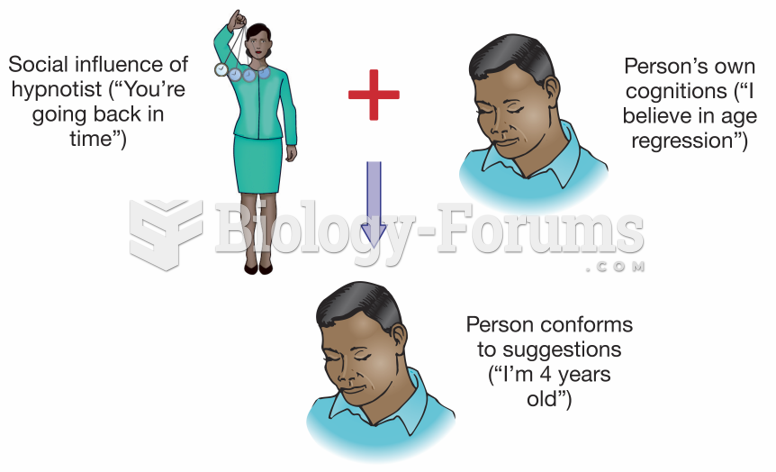Answer to Question 1
Sternberg's triarchic theory of intelligence (also called the theory of successful intelligence) and Gardner's theory of multiple intelligences are both examples of modern conceptions of intelligence. Unlike traditional theories of intelligence, which focus on tasks that are related only to academic success, modern theories are broader and address behaviors that are relevant outside of the classroom.
Sternberg's theory proposes that intelligence is composed of three dimensions: analytical ability, creative ability, and practical ability, with memory ability as a part of each. His work breaks with tradition in two fundamental ways. First, his concept of practical ability is an aspect of intelligence that relates to how well people adapt to their environment to accomplish personal goals. Second, he believes that these abilities can be improved through instruction and that students learn most efficiently when instruction and assessment capitalize on all four dimensions of intelligence.
Gardner's theory is different from Sternberg's in that it describes eight separate types of intelligence. These are the logical, mathematical, linguistic, musical, spatial, bodily/kinesthetic, personal (subdivided into interpersonal and intrapersonal), and naturalistic intelligences. Unique to Gardner's theory is the notion that these intelligences are relatively independent of one another. Therefore, it is likely that an individual will exhibit varying degrees of ability across the intelligences. Individuals with a high level of a particular intelligence may use it in different ways. Ability for particular tasks within an area of intelligence will vary within each individual. Unlike traditional tests of intelligence, Gardner and his associates observe and evaluate students in natural settings while they work on a variety of everyday tasks and projects. Like Sternberg, Gardner believes that intelligence test scores can be used to plan for instruction and to improve student performance.
Answer to Question 2
Atkinson proposes that the need to achieve is a positive force that opposes the need to avoid failure. One's need to achieve is revealed by a desire to attain goals that require skill and is encouraged by one's past successful experiences.








